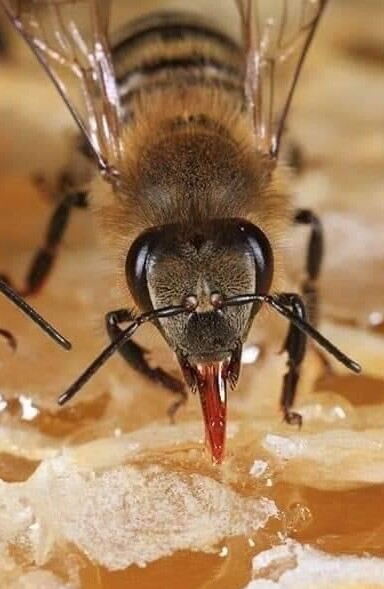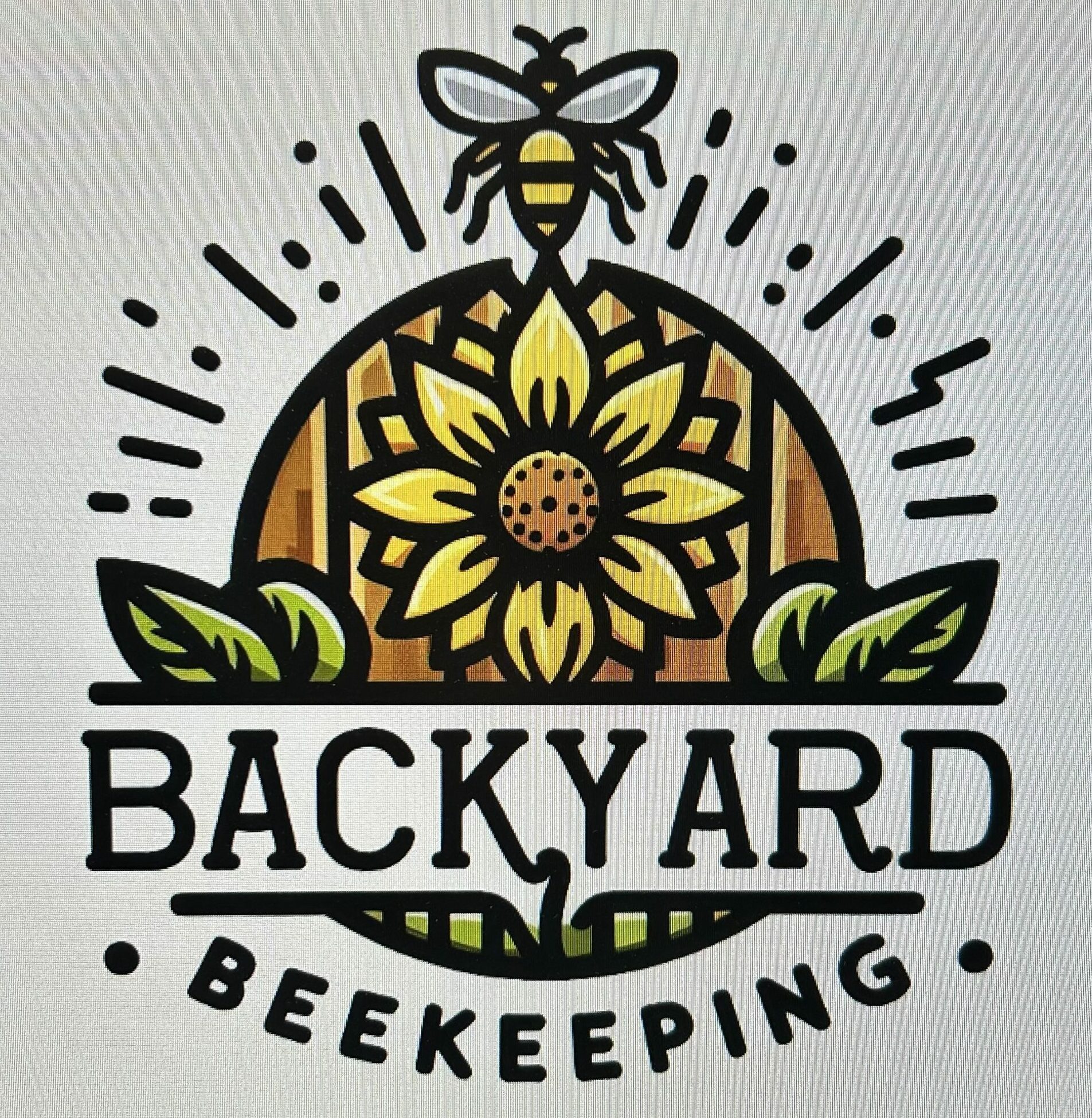Taking care of bees isn’t just about finding a nice spot for a hive. When it comes to keeping our buzzing buddies happy and thriving, what we feed them matters a lot. Going organic with your bee feed not only keeps your bees healthy but it’s great for the environment, too. All that talk about organic feeds might sound fancy, but this just means the food is natural—free from synthetic pesticides and other chemicals that aren’t bee-friendly.

So, why should we choose organic feeds for our bees? It all boils down to those pesky chemicals you sometimes find in conventional feeds. While they might give a quick energy boost, they don’t do any favors for the bees’ long-term health. Organic feeds steer clear of these, which can help reduce the risk of weakening colonies or spreading diseases within the hive. Plus, healthier bees mean better honey!
Understanding what bees need is a crucial part of bee-feeding. Their diet mainly revolves around carbohydrates and proteins. Honey provides the carbs, while pollen does the trick for proteins. Carbs give them the energy to buzz around, while proteins are like their building blocks, crucial during growth and development phases. Think of proteins as their gym shake, fueling them up for the busy pollination season.
Now, when considering feeds, there’s always this ongoing debate about conventional and organic. Let’s break it down. Conventional feeds might sometimes contain additives or be genetically modified—things you don’t want creeping into your hive. These could interfere with their natural behaviors and health. Organic feeds, on the other hand, come straight from Mother Nature. They maintain the bees’ foraging instincts without introducing confusing elements.
In short, organic bee feeding aligns perfectly with both ethical beekeeping and sustainable environmental practices. You’re not only looking after your bees but also playing a part in protecting our global ecosystems. Going organic is like making sure your hive gets farm-to-table meals—a delicious step towards a healthier colony!
Top Organic Bee Feeds of 2023
Picking the right feed for your bees can feel like searching for that perfect cereal in a giant supermarket aisle. Dozens of brands, each claiming to be the best, can make things a little confusing. So, let’s break it down and check out some of the best organic bee feeds making waves in 2023.
First up, we’ve got “BeeKind Naturals,” known for their all-natural ingredients. Users rave about the rich blend of wildflowers and clover. It’s like a field of flowers packaged just for your bees. Then there’s “Pure Pollen Co.”, offering an organic pollen substitute praised for its high protein content, making it perfect for times when natural pollen is scarce.
Pros and cons are vital when choosing. “BeeKind Naturals” might win in ingredients, but it tends to be on the pricier side. On the flip side, “Pure Pollen Co.” is budget-friendly, yet it sometimes requires a bit more preparation work before feeding.
User reviews give great insights. Many beekeepers mention seeing more active and vibrant bee colonies after switching to these feeds. Bees seem healthier, produce richer honey, and face fewer seasonal challenges.
Expert recommendations often highlight small adjustments: mixing the feed for better texture or combining feeds for balanced nutrition. Remember, what’s top-rated generally works for many but always keep an eye on your specific needs. Your bees will thank you for it!
What to Feed My Bees During the Spring
Spring is like a fresh start for bees, and it’s their time to shine. Right after winter, your bees are raring to get out there and find pollen. But flowers don’t always cooperate with our schedules, right? That’s where you come in with some much-needed protein supplements.
Giving your bees a protein boost in spring gets them ready for action. Organic pollen substitutes are a great choice here. These substitutes pack all the essential nutrients, fueling the bees so they can build up hive numbers and start strong. Brands like ‘Nature’s Hive’ offer products specifically designed to meet the protein needs of hungry springtime bees.
Now, introducing organic protein patties should be on your to-do list. These patties are easy to use and act like a power meal for your hive. Just slot them into the hive, and your bees will thank you.
Timing, though, is everything! Start feeding when early spring blossoms begin but aren’t full swing. Keep an eye on local bloom patterns, and once the flowers start popping, you can ease up on the supplements. This ensures the bees don’t get lazy and still collect natural pollen.
Being proactive about spring feeding sets the stage for a productive season. It’s your way of giving the colony a jump start and securing a healthy workflow right from the get-go. Just remember, the goal’s to support, not replace, their natural foraging instincts.
Summer Feeding: Maintaining Bee Energy Levels
Summertime is hustle time for bees. They’re out and about, collecting nectar and fueling up. While they’re busy visiting flowers, it’s still important to give them a bit of extra energy.
Natural nectar, when it’s in abundance, is the main go-to for bees. But droughts or changes in local flowering can sometimes throw a curveball. Being ready with organic nectar substitutes ensures your bees don’t face a sudden energy crash.
These substitutes mimic the natural sugars found in nectar, keeping bees active and their honey reserves topped up. Brands like ‘EcoBee Nectar’ are popular for this job, providing a reliable source when the flowers aren’t delivering.
It’s crucial to keep an eye on how much they’re eating. Too much supplementary feed can lead to them getting lazy, ignoring natural sources. Use feeding cues wisely based on your hive’s behavior and external conditions.
Checking in regularly with your hive is essential during summer. This helps identify if your bees are collecting enough naturally or need more help. It’s about balance: we want them foraging but also well-prepped for any surprises.
Energy levels directly impact honey production. By ensuring bees have enough to eat, you’re helping secure that tasty, abundant honey harvest we all love.
Autumn Preparation: Bolstering Bee Immunity
As the leaves turn golden and crisp, bees start preparing for the chill of winter. This is a critical time to bolster their immunity and build up reserves. It’s not just about survival; it’s about ensuring the bees come out strong and ready for spring.
Organic carbohydrate supplements play a vital role during autumn. They provide the extra energy each bee needs to gather food and maintain hive temperature when the flowers are sparse. ‘GreenBee Carbo’ is a solid choice, offering carbs without unwanted additives.
Choosing the right fall feed is essential. Opt for feeds enriched with essential vitamins and minerals that strengthen immunity. This gets your colony ready to face colder temperatures head-on.
Preventing overwintering losses isn’t just about feeding. Inspect the hive for moisture levels and ventilation. Cold and damp is a bad mix, so providing extra insulation helps too.
Autumn is a gearing-up phase, setting the stage for what’s to come. A little care and preparation now go a long way in ensuring your bees have a snug and safe winter break.
Winter Feeding Strategies for Organic Beekeepers
Winter can be tough on bees, and keeping the hive alive is key. Organic feeding strategies become crucial when natural foraging is off the table. It’s all about keeping energy levels up without losing the organic vibe.
Storing organic feeds ahead of time ensures you’re ready for the cold months. Products such as ‘SnowBee Survival’ offer options for those harsh winter days. Be prepared so your bees don’t have to face food shortages.
Feeding practices during these cold months need to be smart. Instead of regular opening, set up feeders at the hive entrance to avoid heat loss. Try to keep it simple and efficient.
Emergency feeding might be the lifesaver in harsh winters. If you notice your bees struggling, consider quick solutions like organic sugar fondant or syrup. They provide immediate relief and energy.
Keep monitoring the hive’s health. If temperatures drop unusually or snow lingers, take a minute to check any feeding stations. The health checks are just as important as the feeds themselves.
Sticking to organic feeds throughout winter not only supports the colony’s health but builds trust in the quality of honey harvested when spring arrives. Knowing your bees are cared for with natural products ensures they greet the next season fully charged and happy.
Benefits of Organic Beekeeping Practices
Choosing organic beekeeping practices offers impressive benefits for both the bees and their keepers. It promotes a healthier colony environment, free from synthetic pesticides or additives, reducing the likelihood of disease and promoting stronger, more resilient bees.
One major advantage is the improvement in honey quality. Organic methods ensure that the honey remains pure, with fewer contaminants. This is important not only for consumers who prefer natural products but also for beekeepers wanting to market premium honey.
Practicing organic beekeeping helps create a better balance in the ecosystem. By avoiding chemicals that can harm beneficial insects and plants, beekeepers contribute to biodiversity, supporting the environment bees need to thrive.
Successful organic beekeepers often share stories of their journeys, highlighting enhanced sustainability and the satisfaction of nurturing bees naturally. They’ve experienced fewer colony losses, more vigorous bee activity, and ultimately more productive hives.
Switching to organic is like contributing to the bigger environmental picture. It sets a positive example, showing that we can coexist with nature responsibly. Organic beekeeping isn’t just a method; it reflects a commitment to future generations of both bees and beekeepers.
Tips and Tactics for Transitioning to Organic Feeding
Making the move to organic feeding is a journey and, like any journey, it requires a map. The first step involves doing your homework on organic feeds, understanding what’s available, and how they differ from conventional products. Many brands now label their products as organic, but be sure to check for certifications that assure quality and authenticity.
Transitioning isn’t something you do overnight. Gradually introducing organic feeds can help your colony adjust. Start by slowly replacing parts of their diet with organic alternatives, observing how your bees respond over time. This phased approach minimizes stress on the colony and allows you to tweak feeding practices.
Challenges? Sure, they’re bound to come up, like sourcing feeds depending on your locale or adjusting your budget. Some places might have limited options, and organic feeds can be more expensive. Joining local beekeeping groups or online forums helps connect with others who have faced similar challenges for advice and tips.
Veteran organic beekeepers often emphasize staying patient and consistent. They note that while the transition period requires effort, the long-term benefits are worth it. Hearing insights directly from those who’ve done it successfully provides motivation and practical know-how that can smooth the process.
Transitioning to organic isn’t just a goal; it becomes part of your beekeeping philosophy. By aligning with organic practices, you don’t just change what your bees eat—you’re enhancing the whole beekeeping experience, making it more rewarding and in tune with natural processes.

How do I know what they eat so as to enhance it.
It’s not what they eat, it’s the smell that attracts them. If you use a swarm trap you have to check it often so you can transfer the bees to a new hive with little disturbance. Then the bees will take care of themselves. You can feed sugar water if you like.